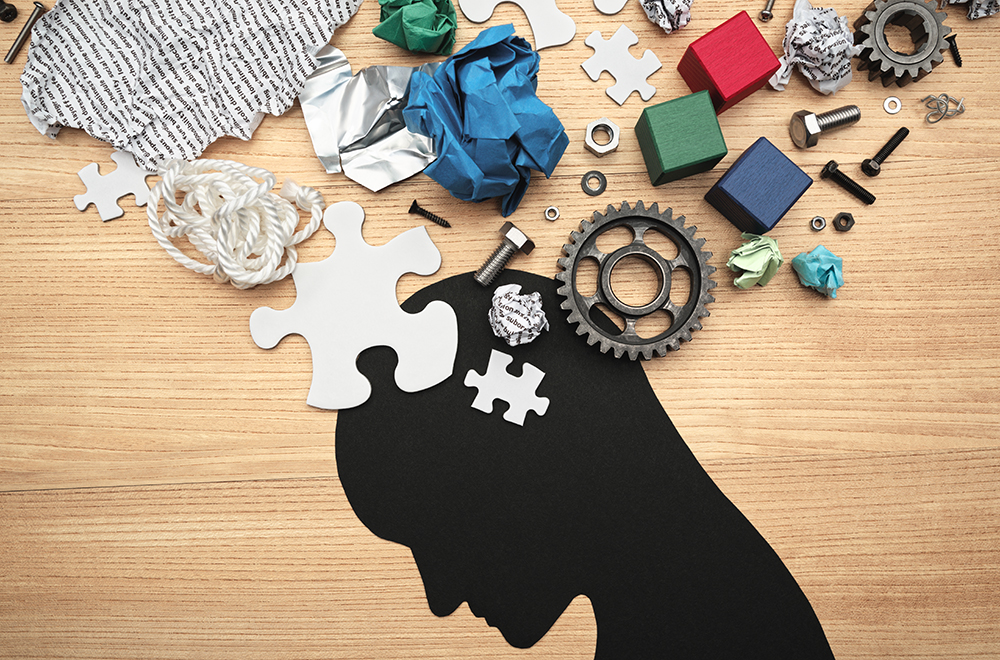Research has showed that 38 per cent of young people in Victorian courts present with cognitive difficulties that impact daily functioning, with current practices described as ‘dangerous, ineffective, unnecessary, wasteful and inadequate.’ The findings were recently published in a report from the Australian Institute of Technology that explored whether young people with an acquired brain injury (ABI) might be over-represented in the criminal justice system in Victoria.
It uncovered limited identification and diagnosis of ABI, young people’s difficulties comprehending legal administrative processes, indifference or inappropriate responses by criminal justice agencies and that living with an ABI is precarious, in and out of the system.
The consequences are significant, both economically and socially. However, to date in Australia this issue has failed to receive the attention it deserves.
The evidence highlighted an urgent need to establish an institutional culture within the youth justice system based on trauma-informed practices, that prioritises rehabilitation rather than punishment. It was imperative that early interventions and programs are developed, or their number increased so fewer young people with ABI enter the criminal justice system and, in particular, youth detention centres.

